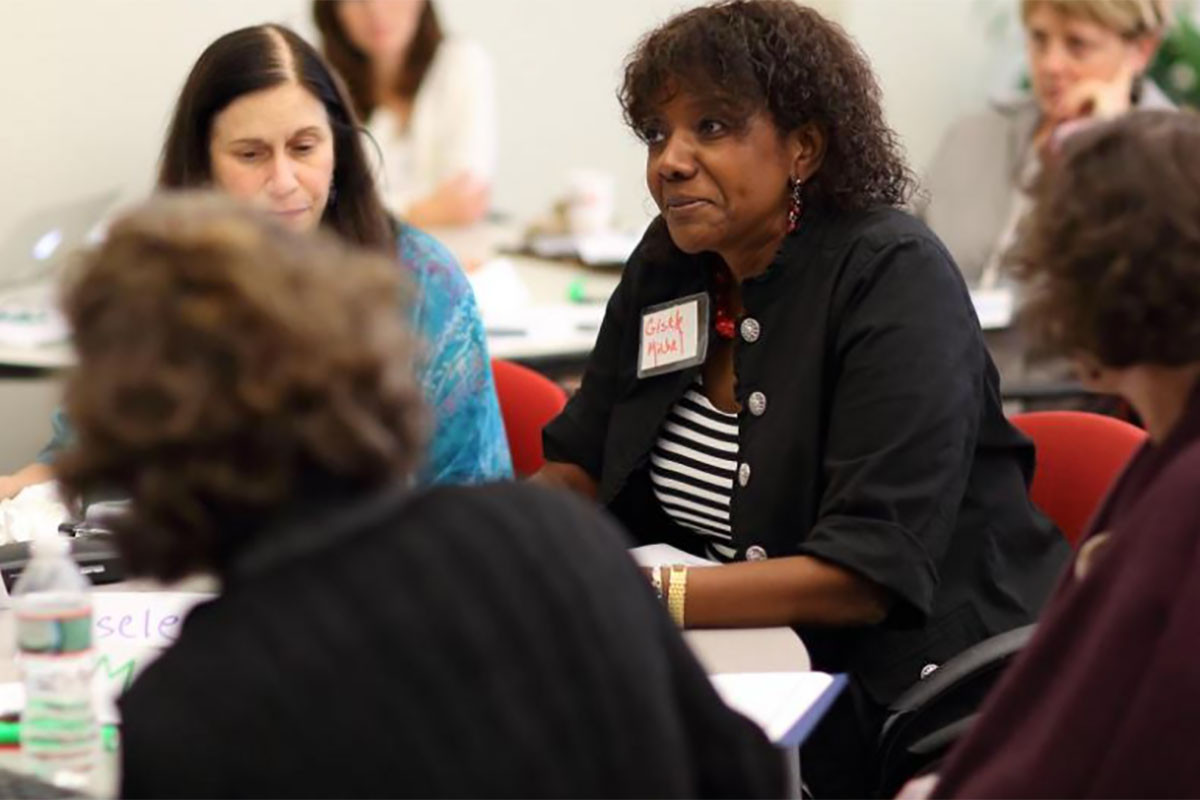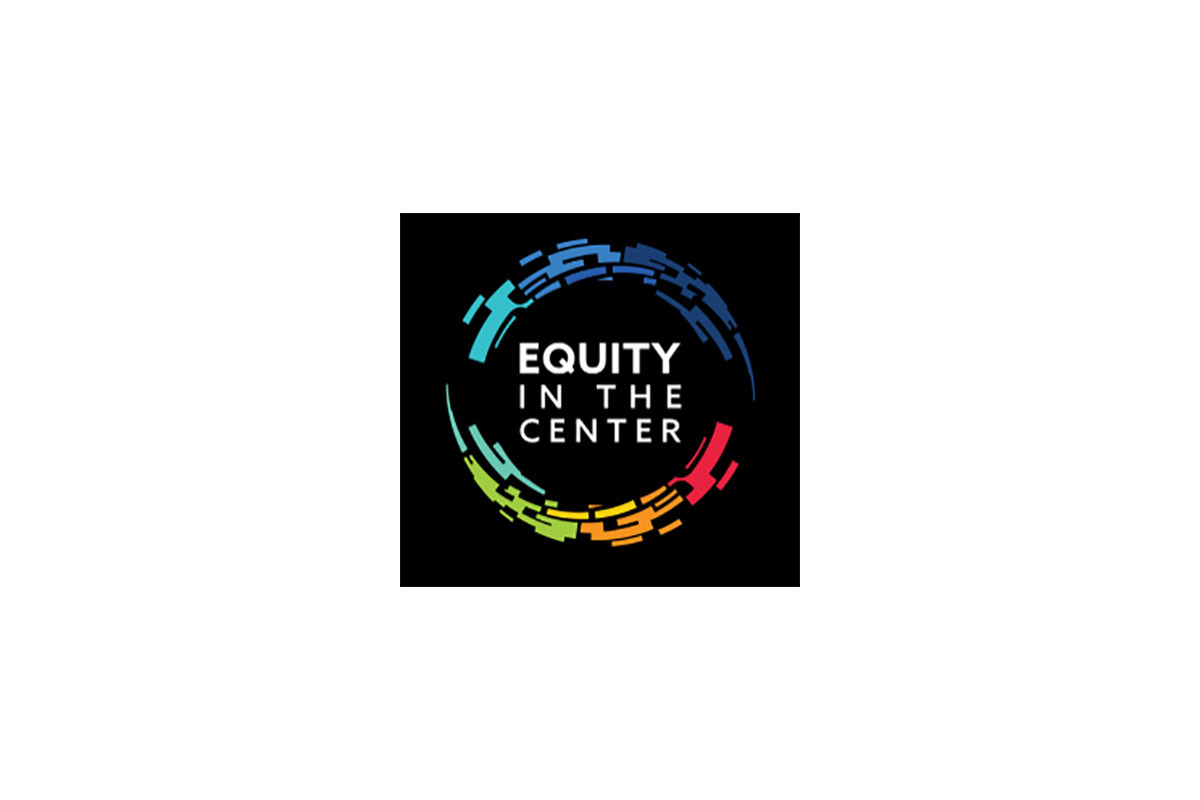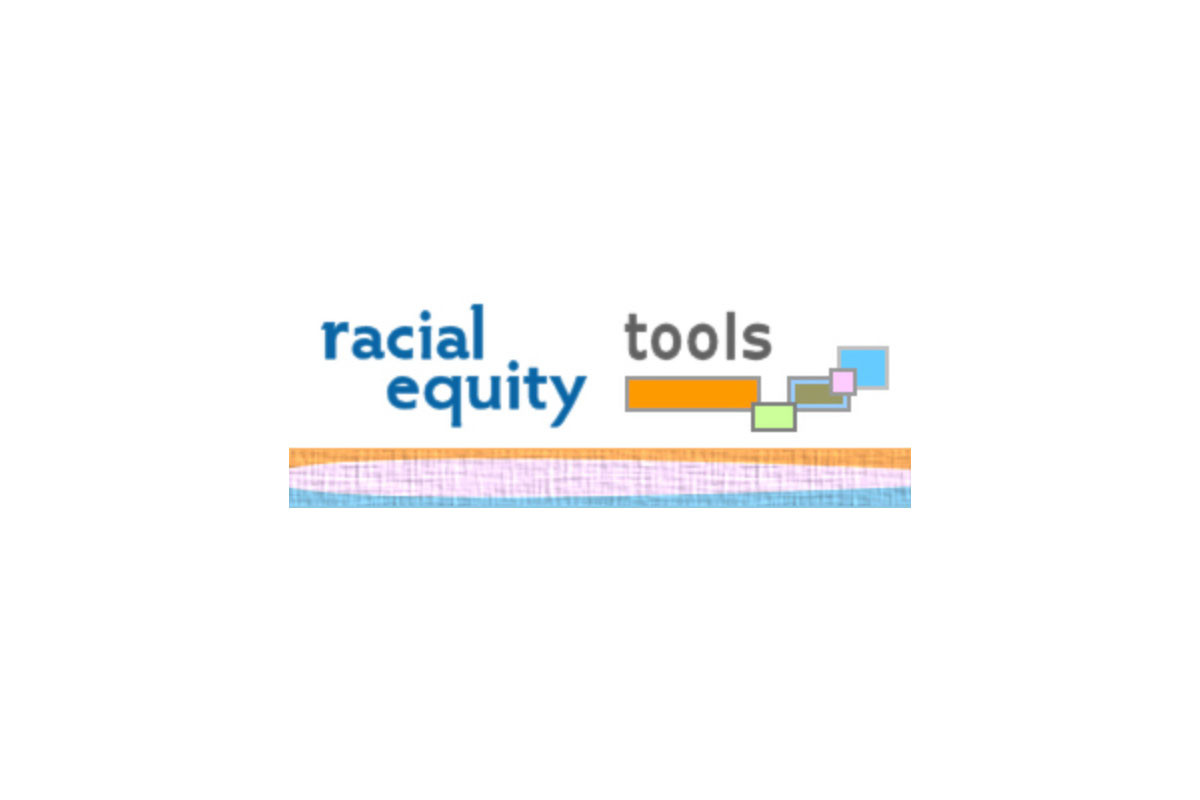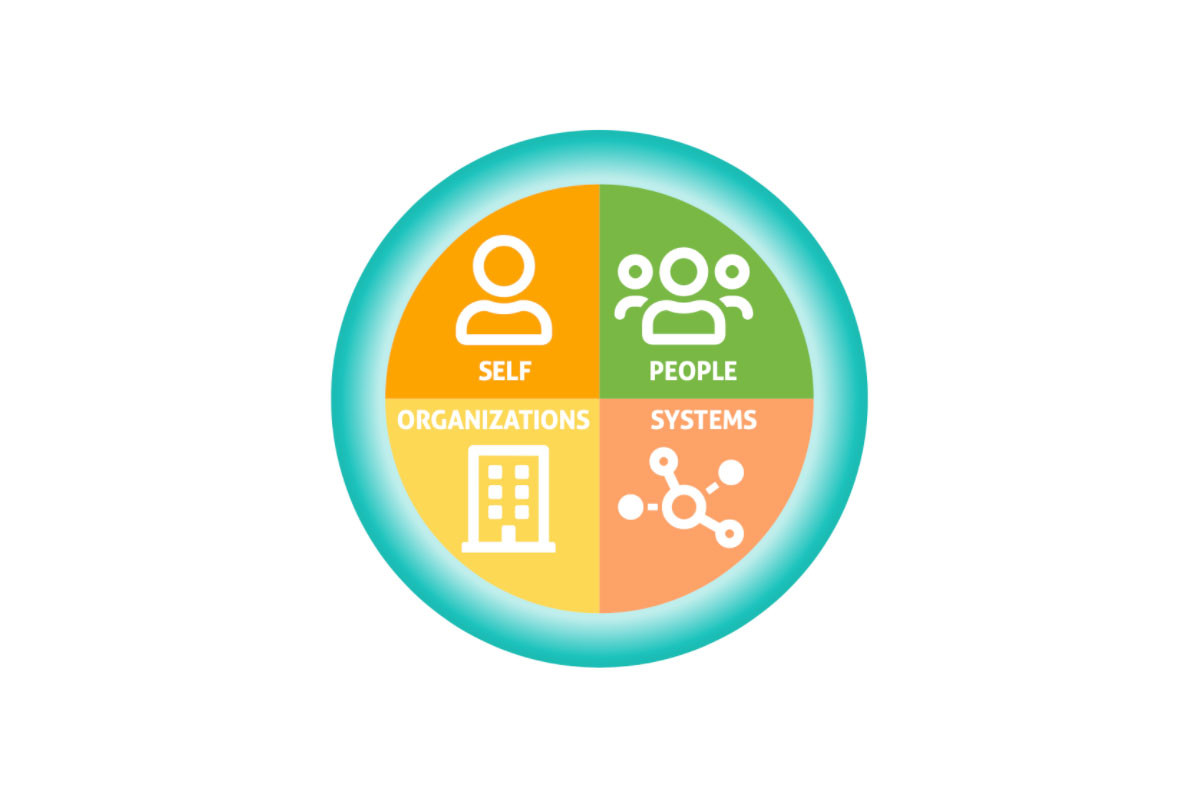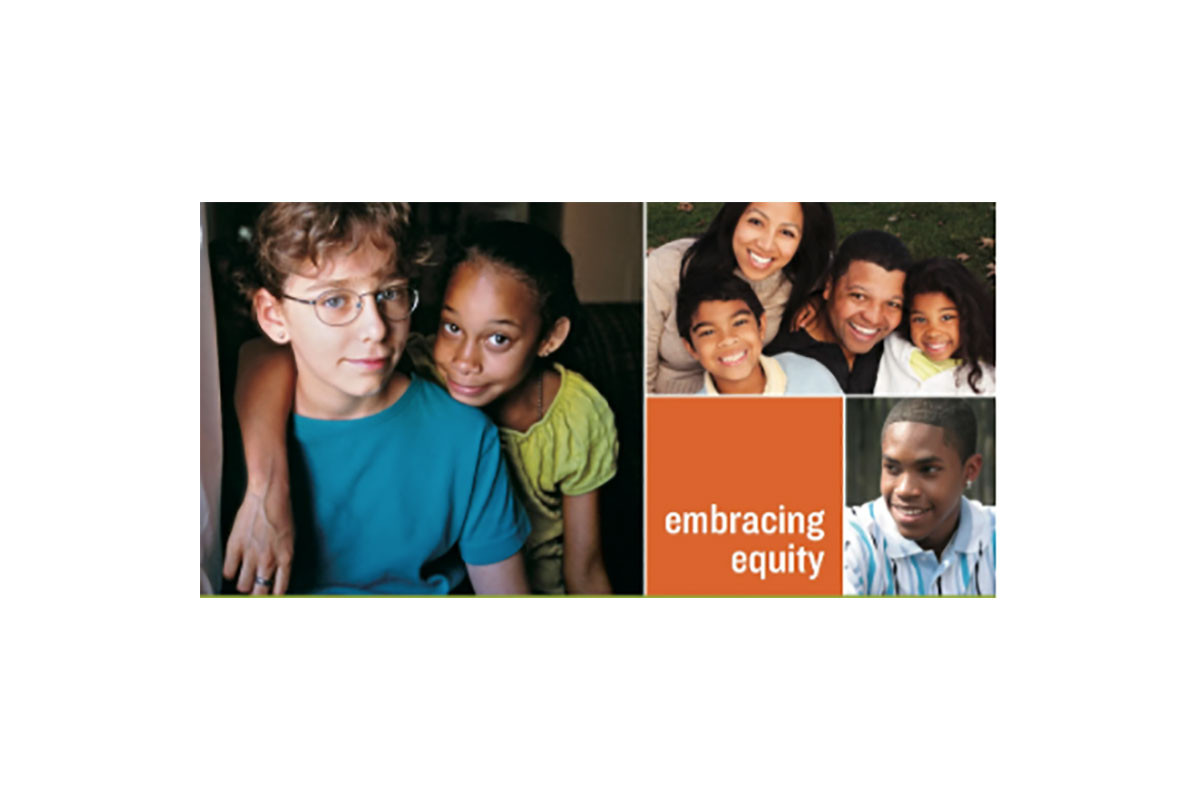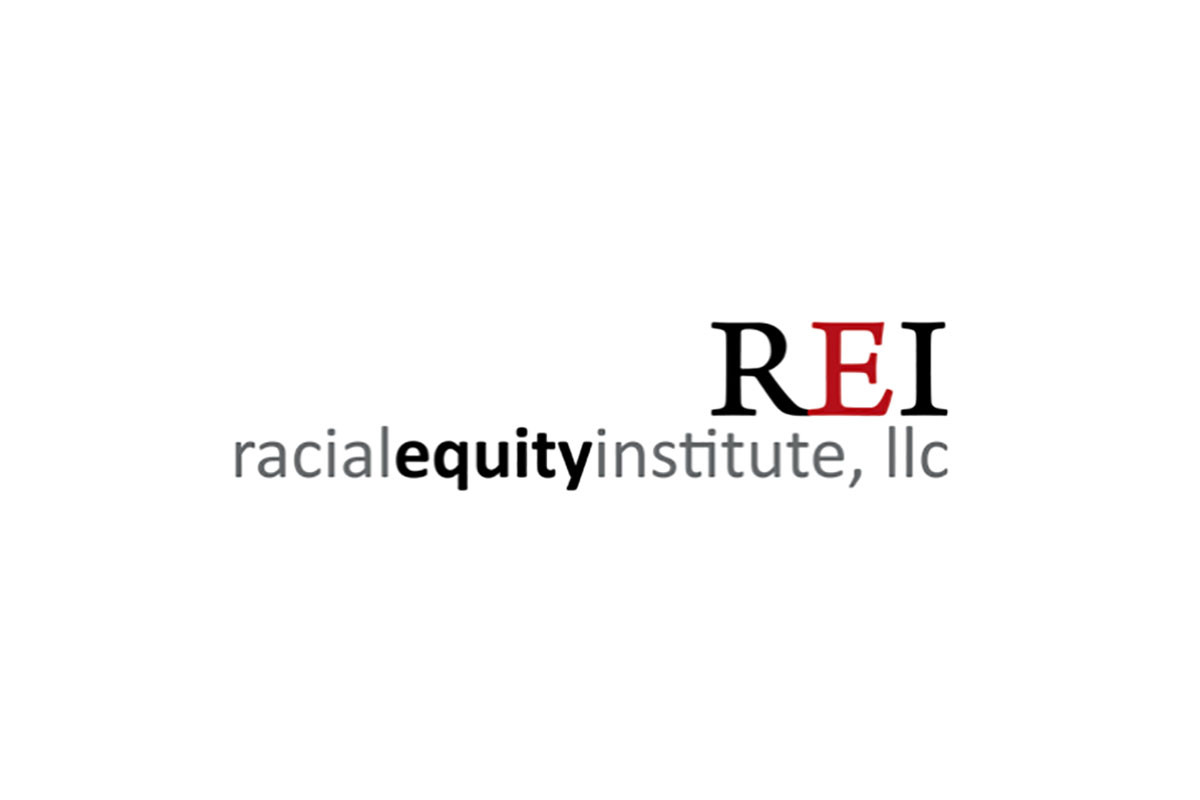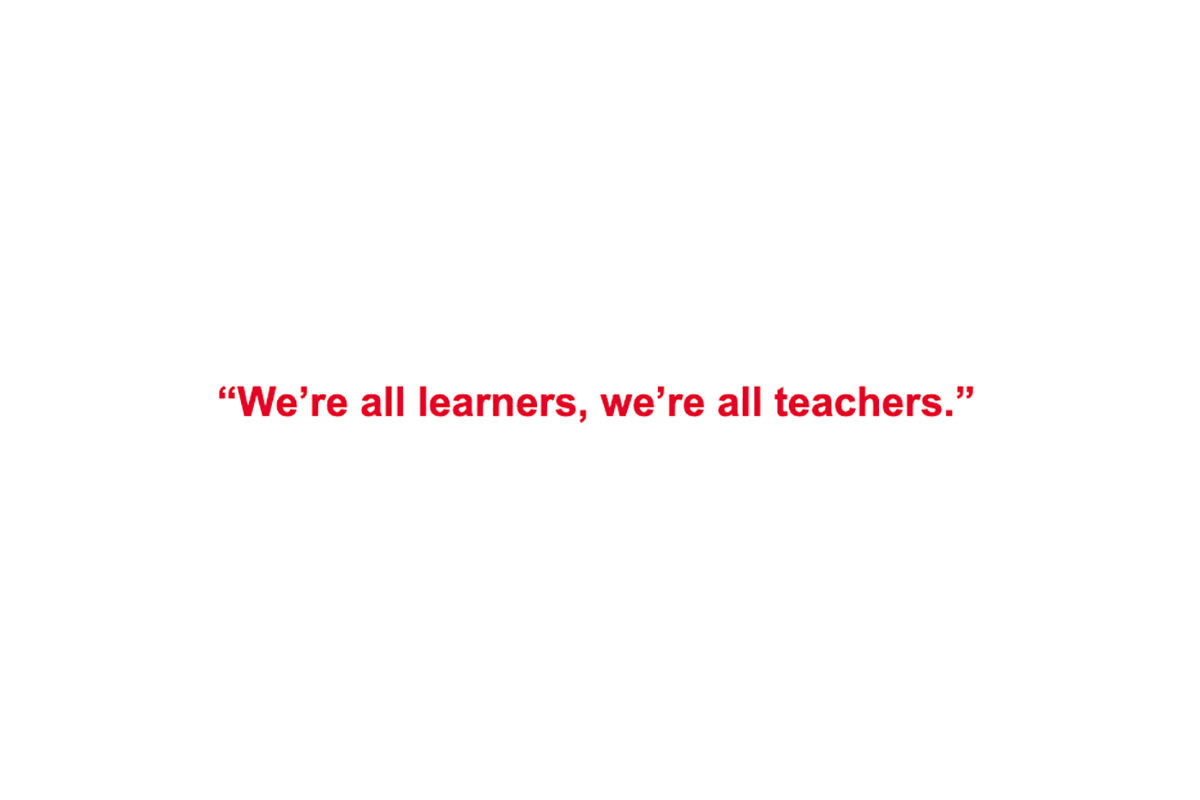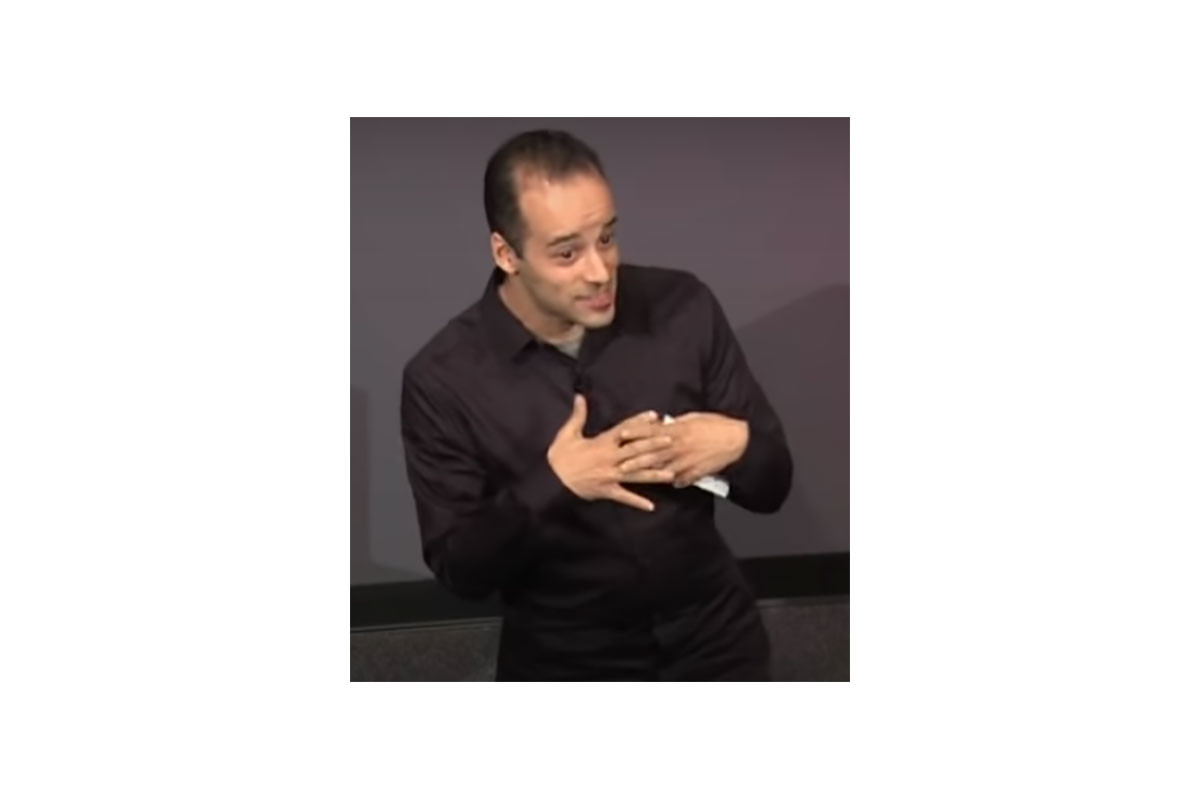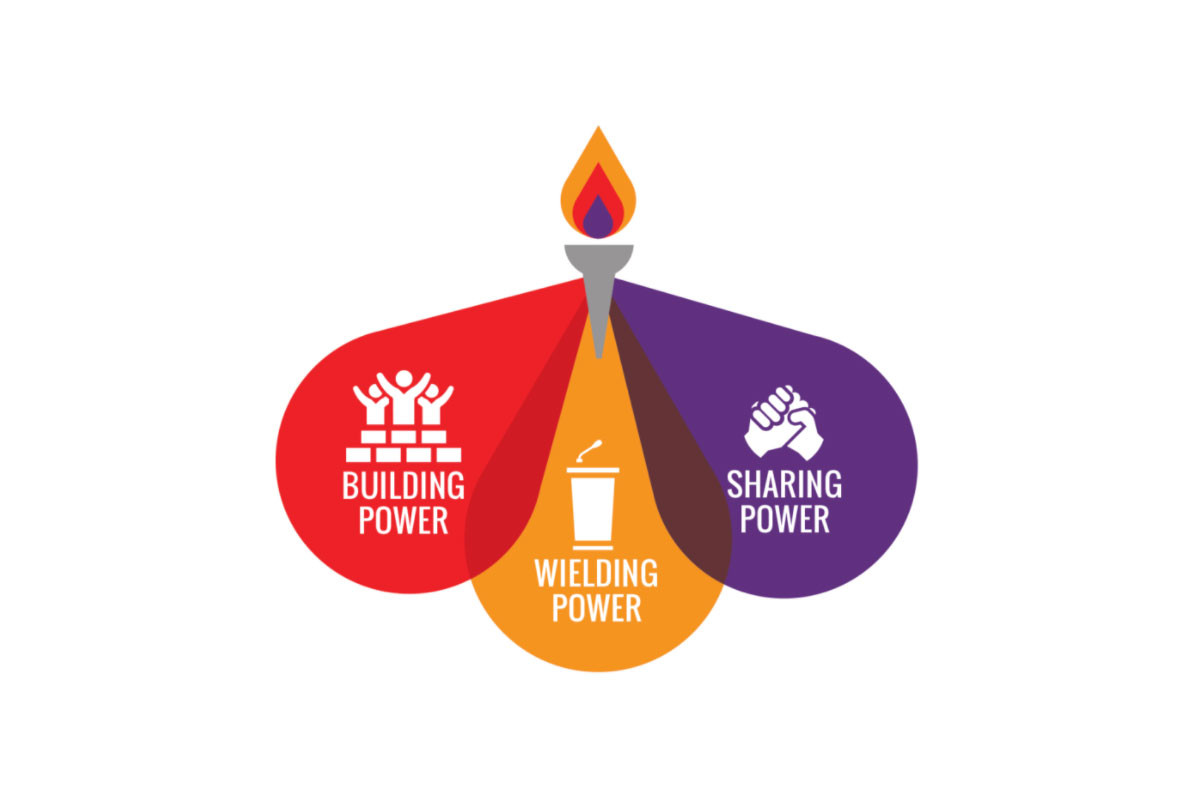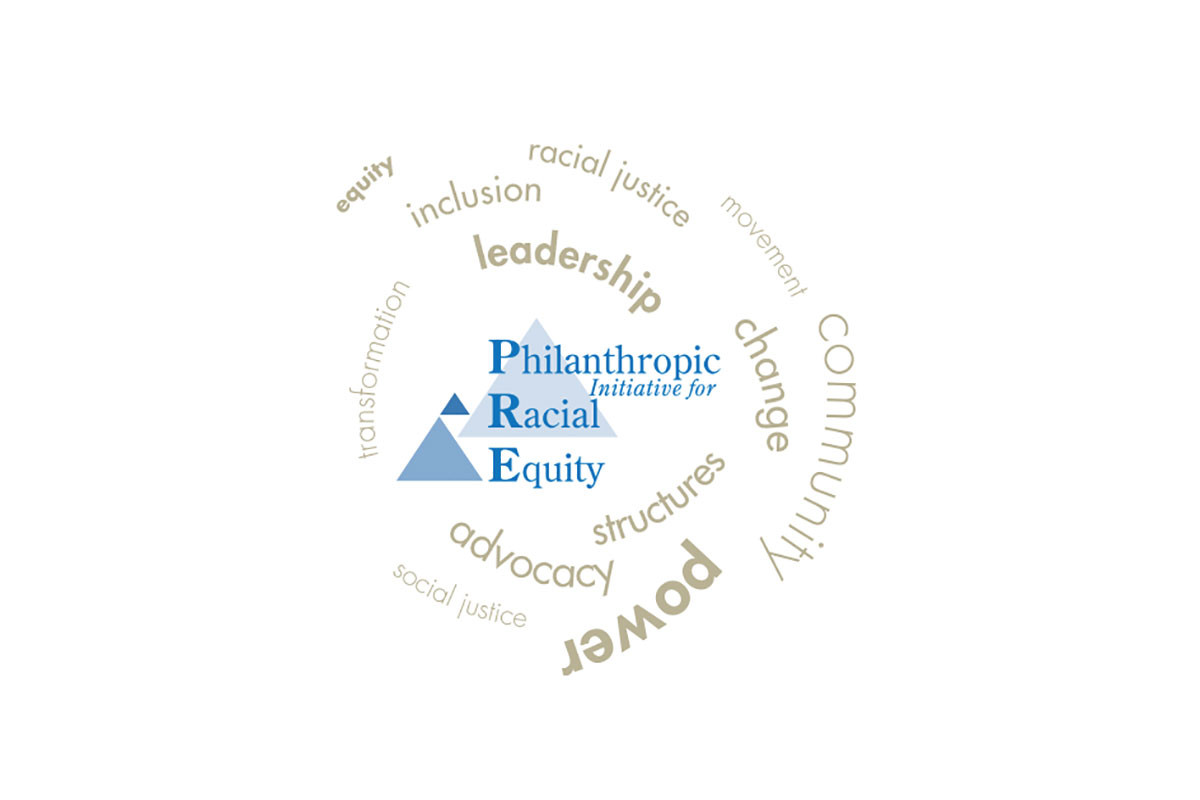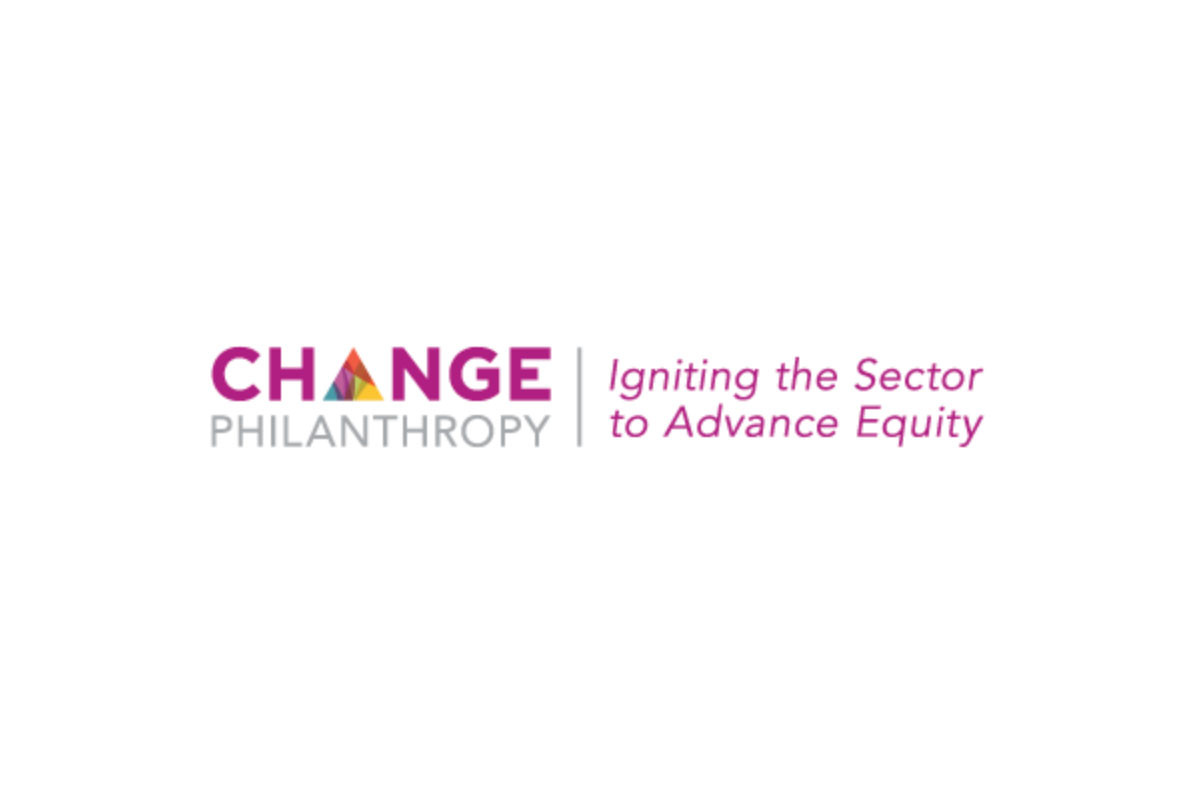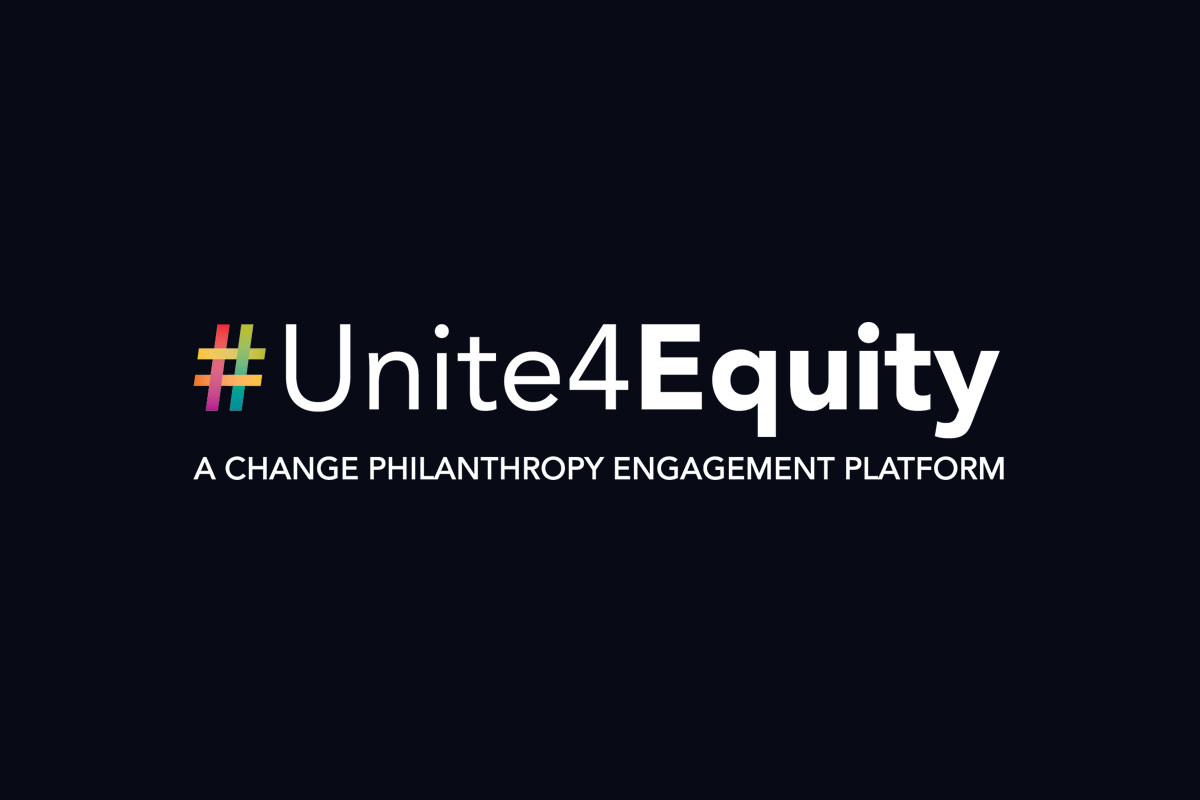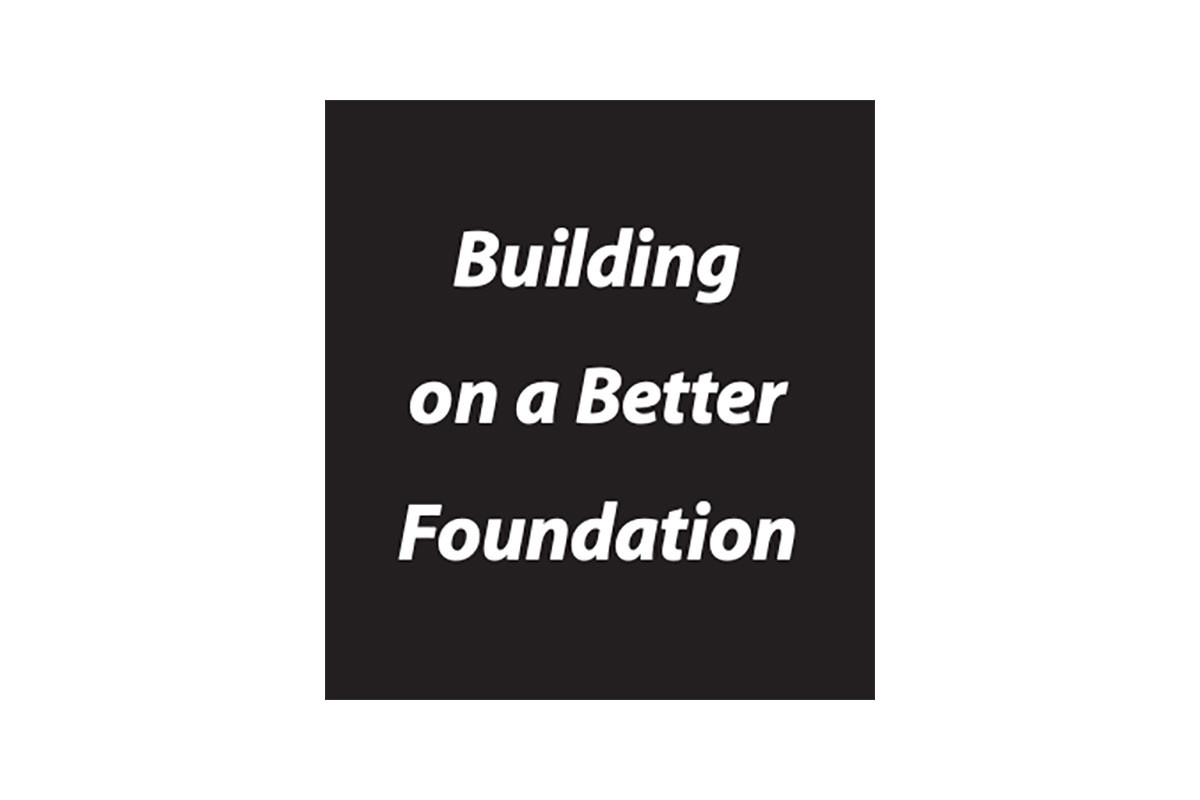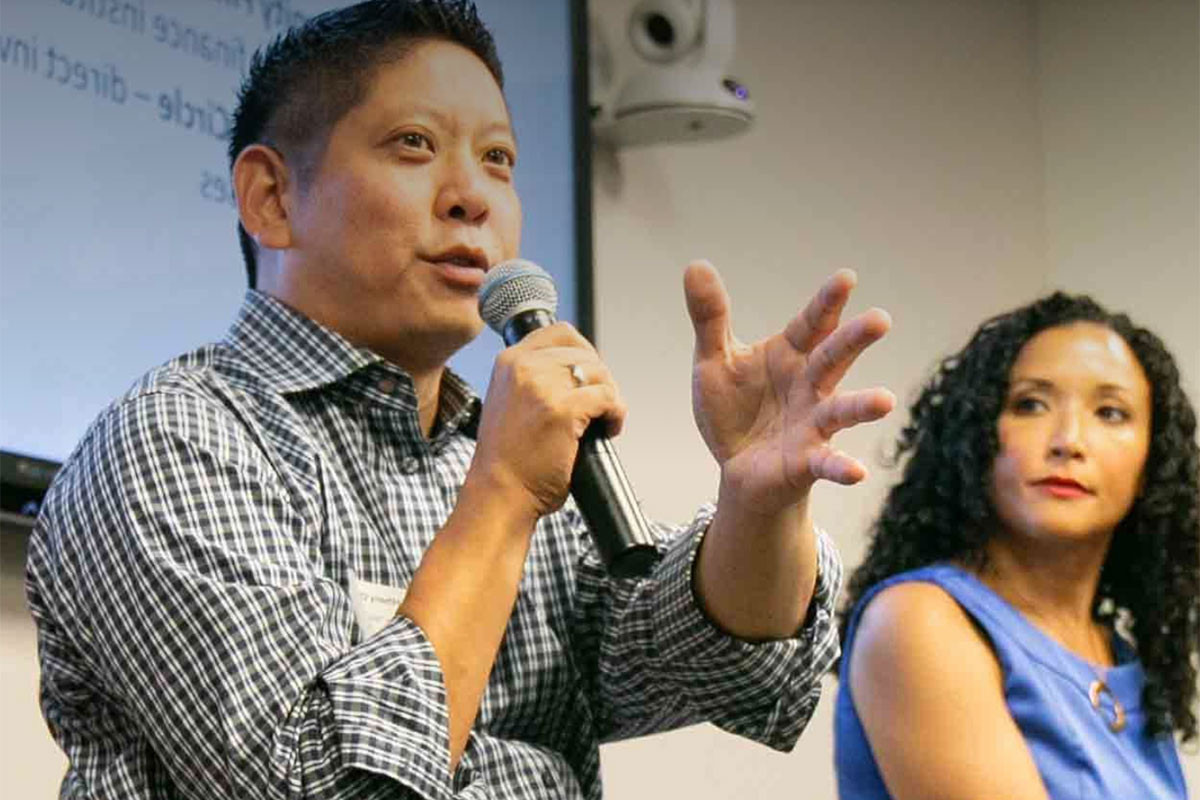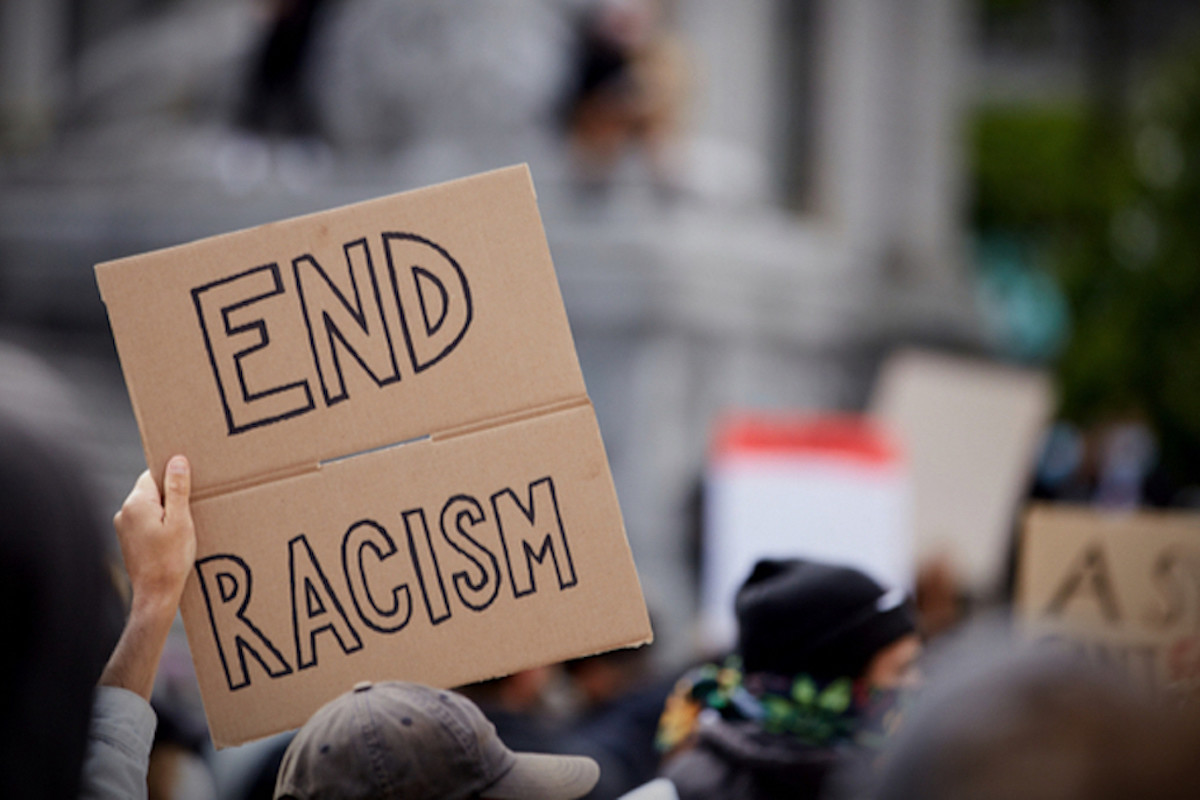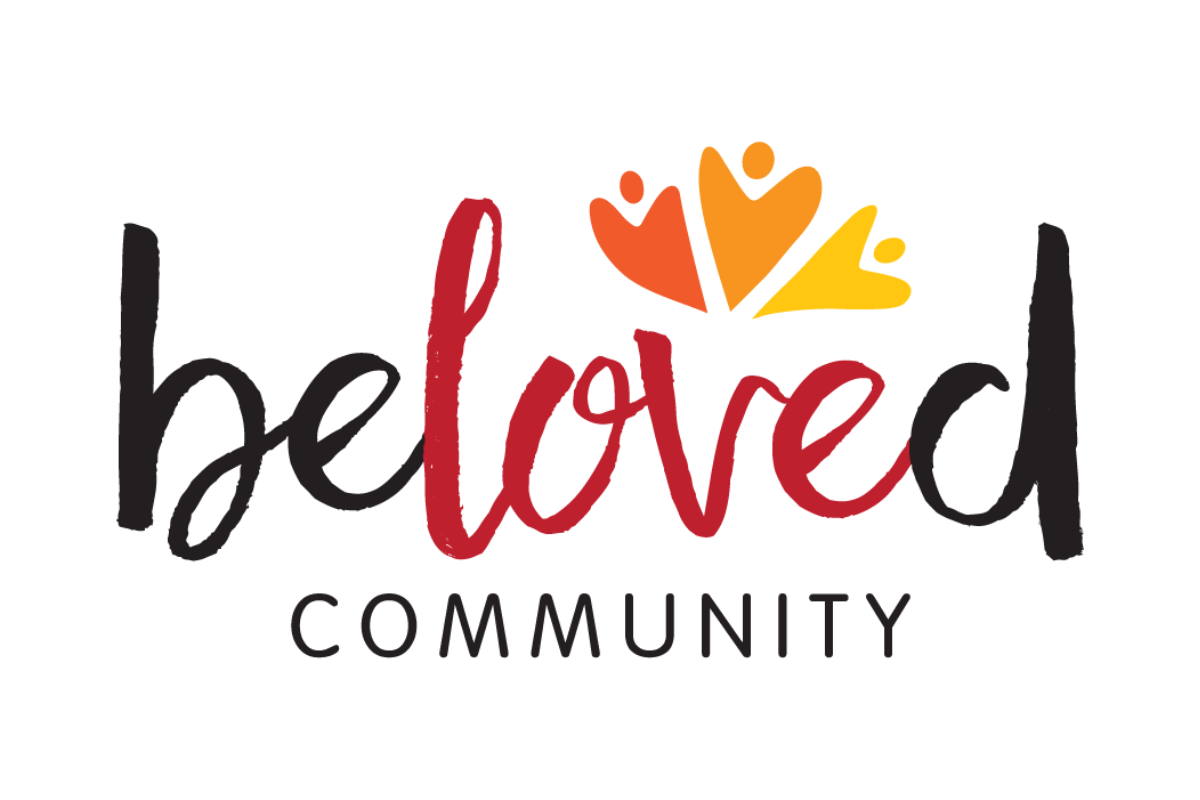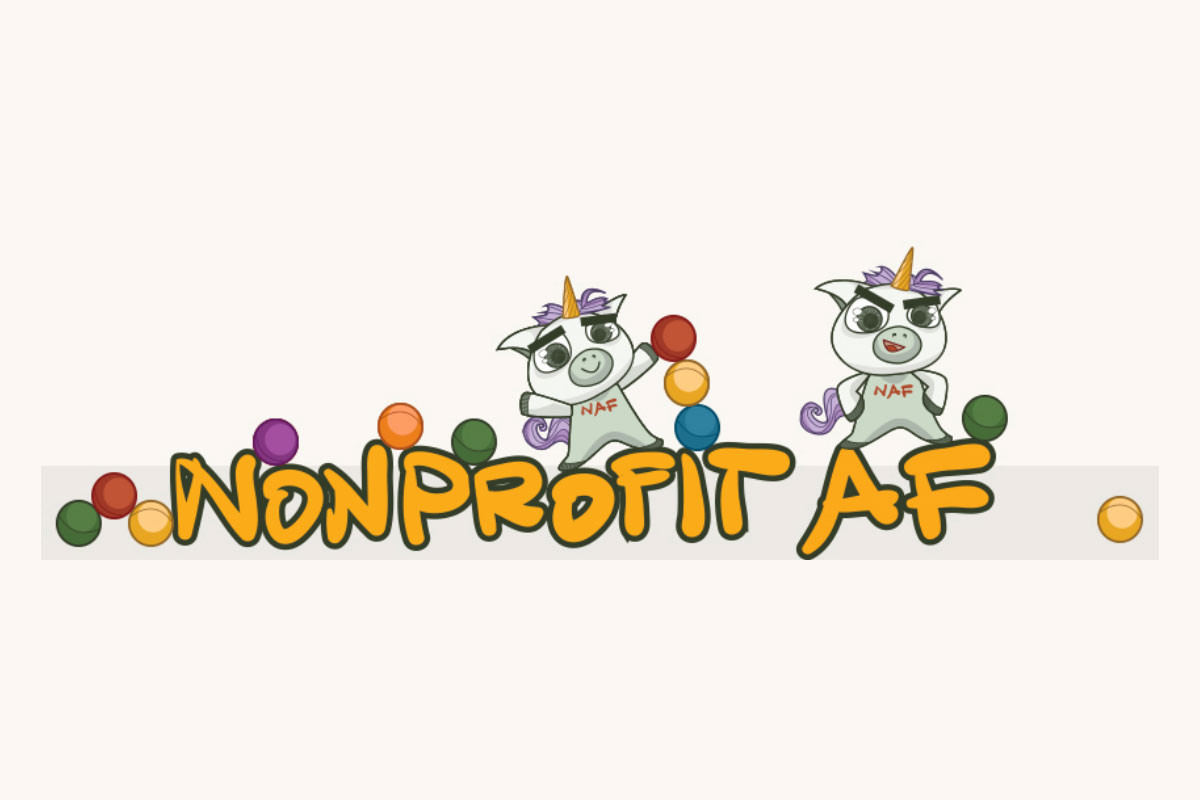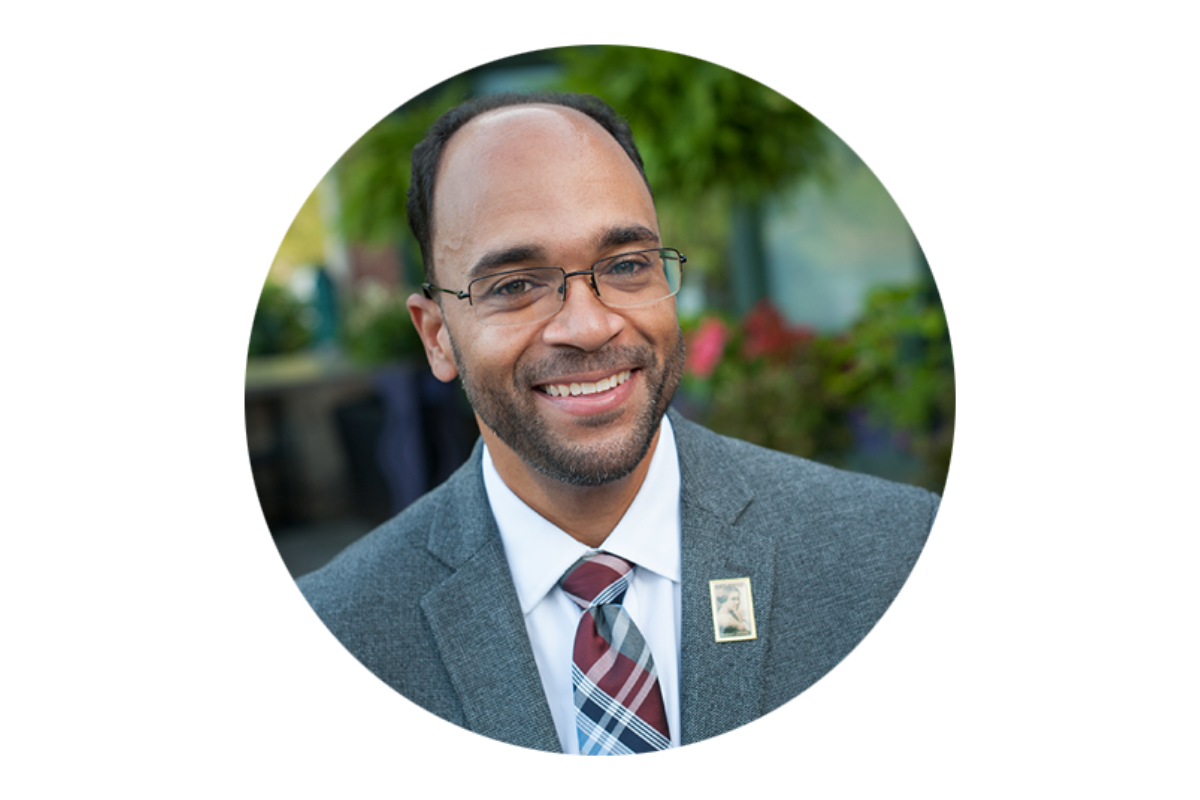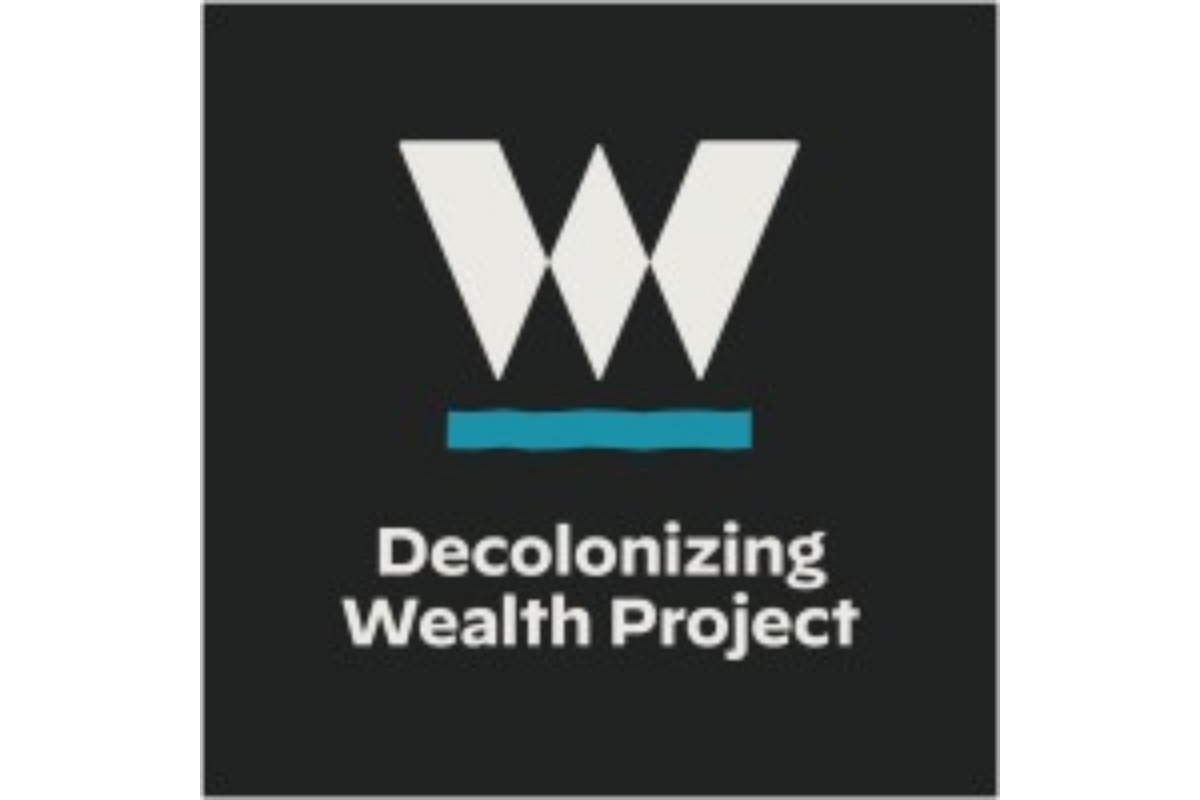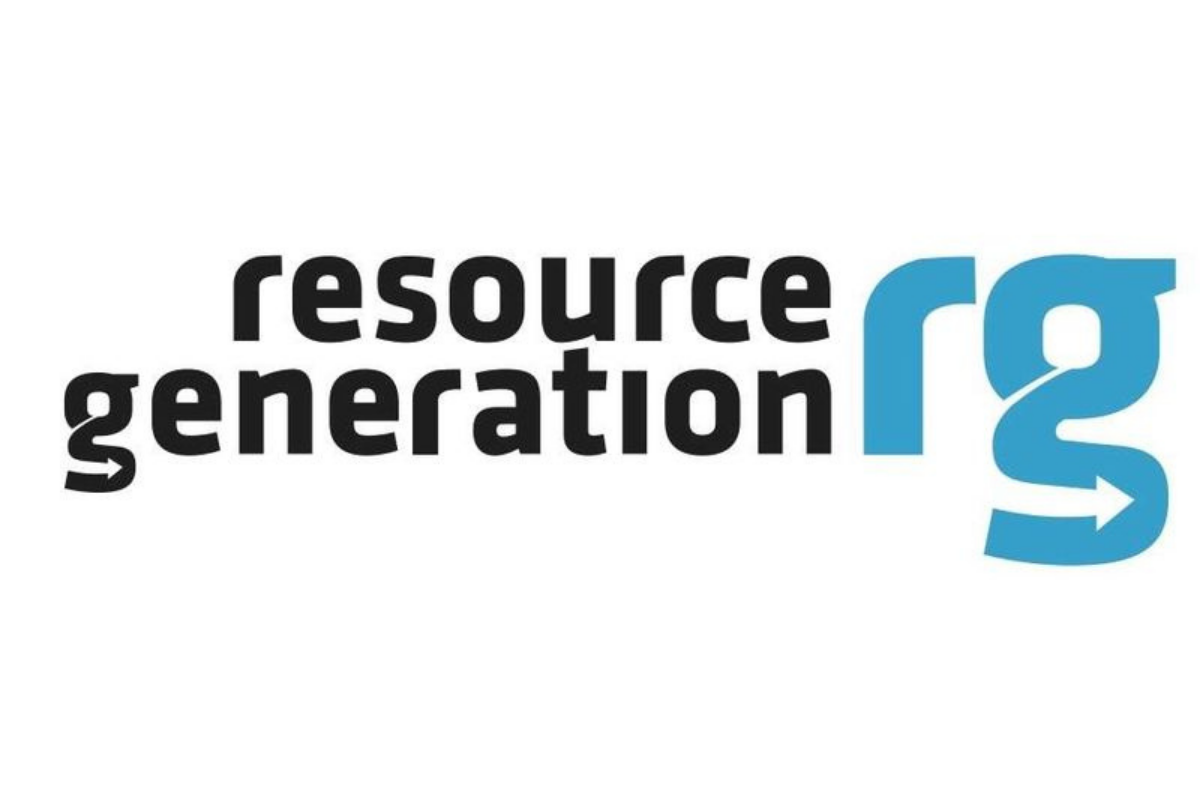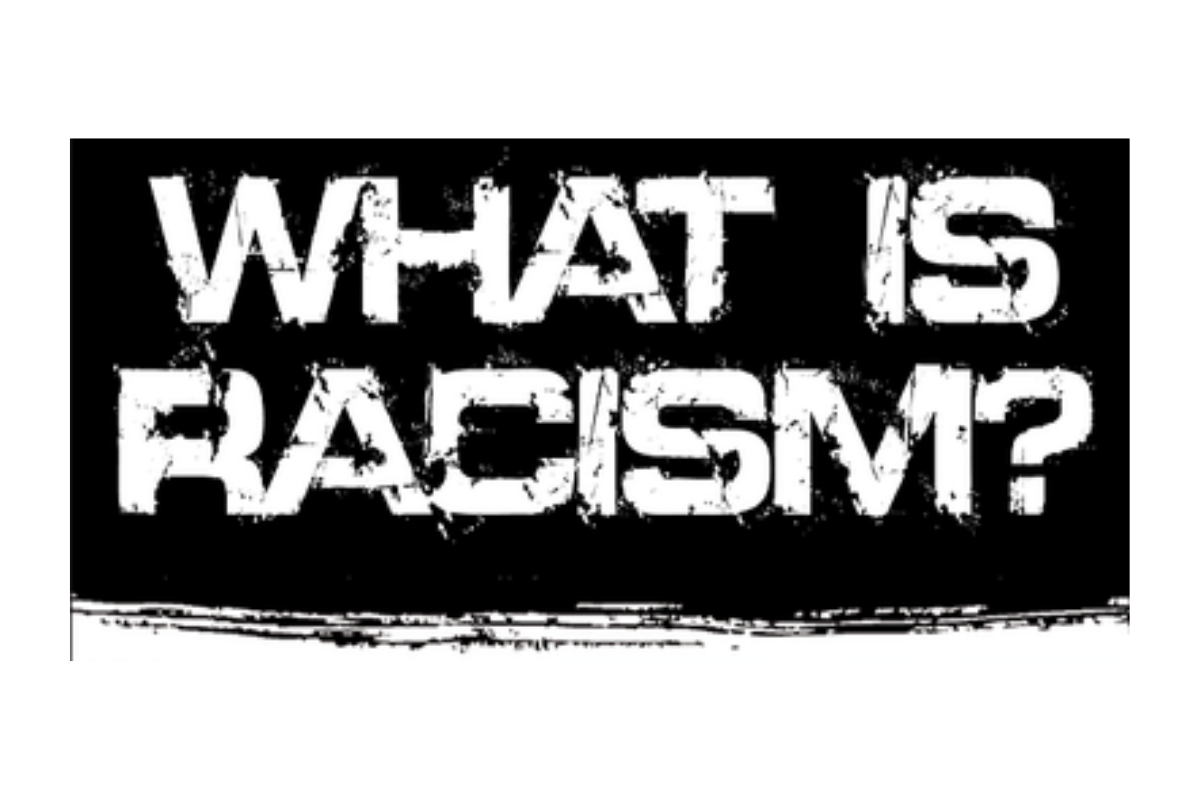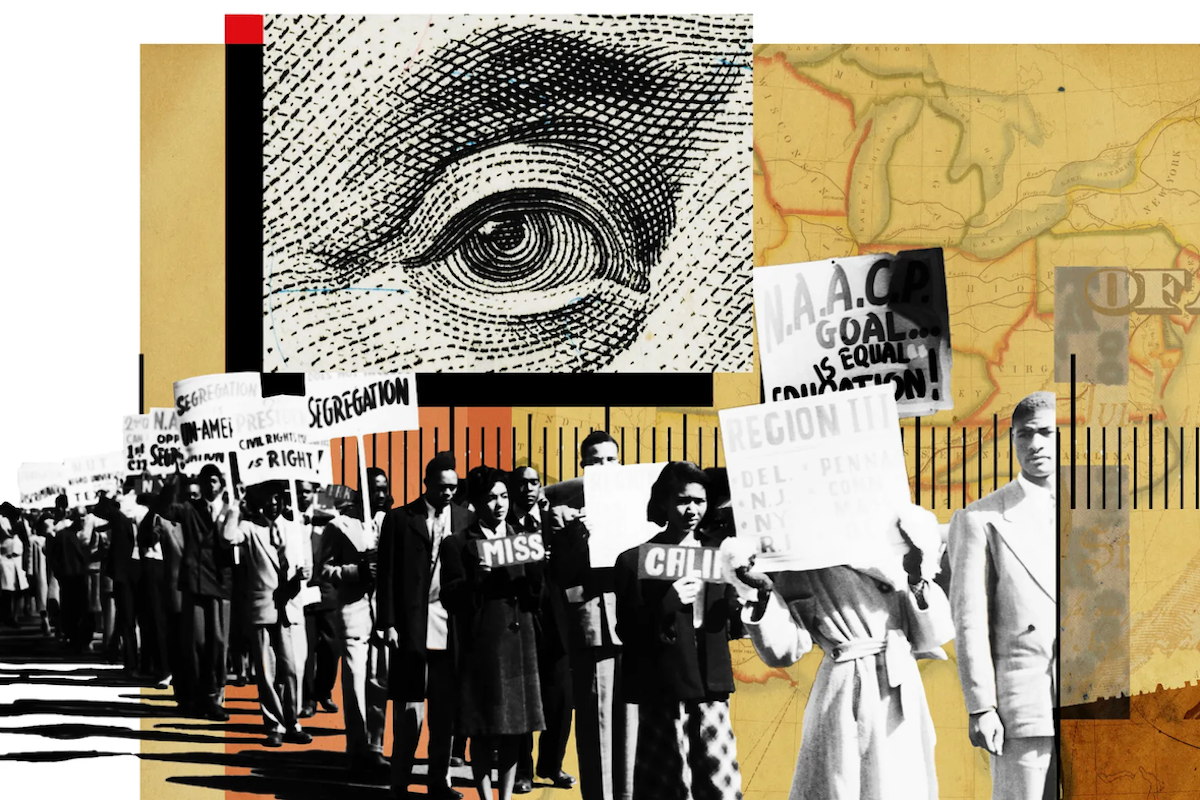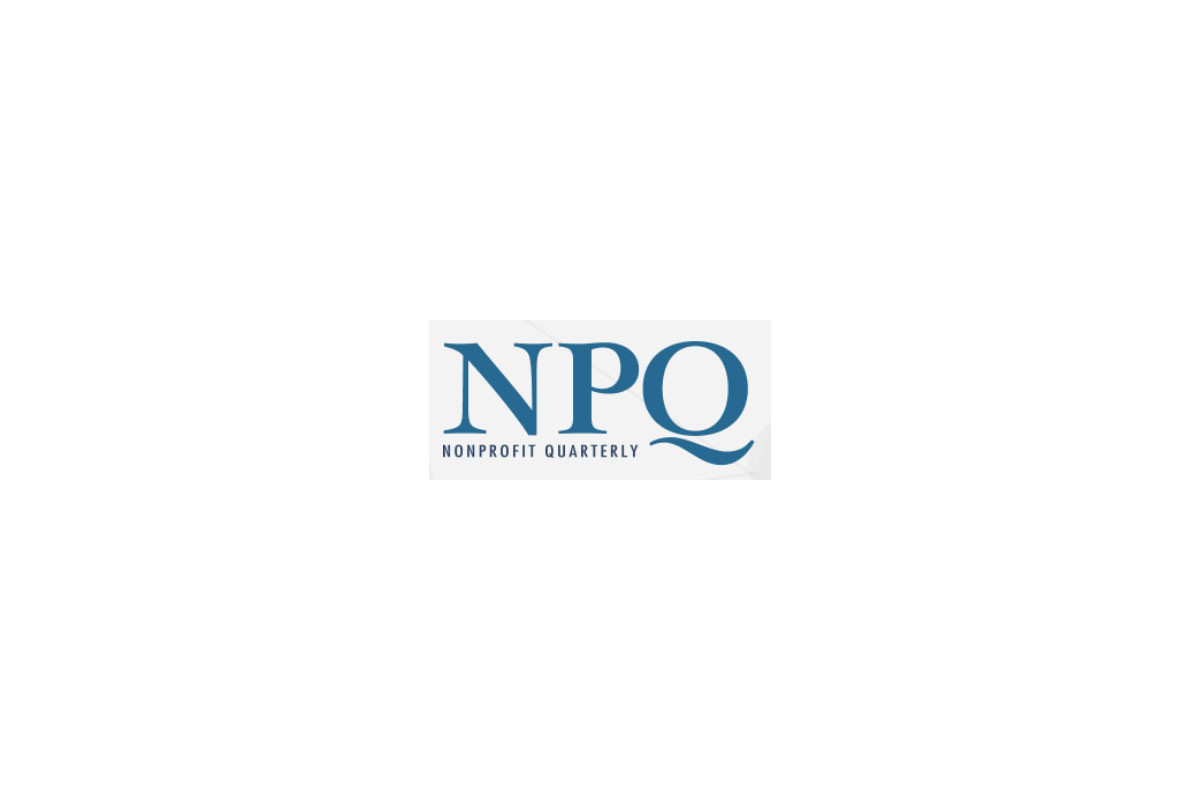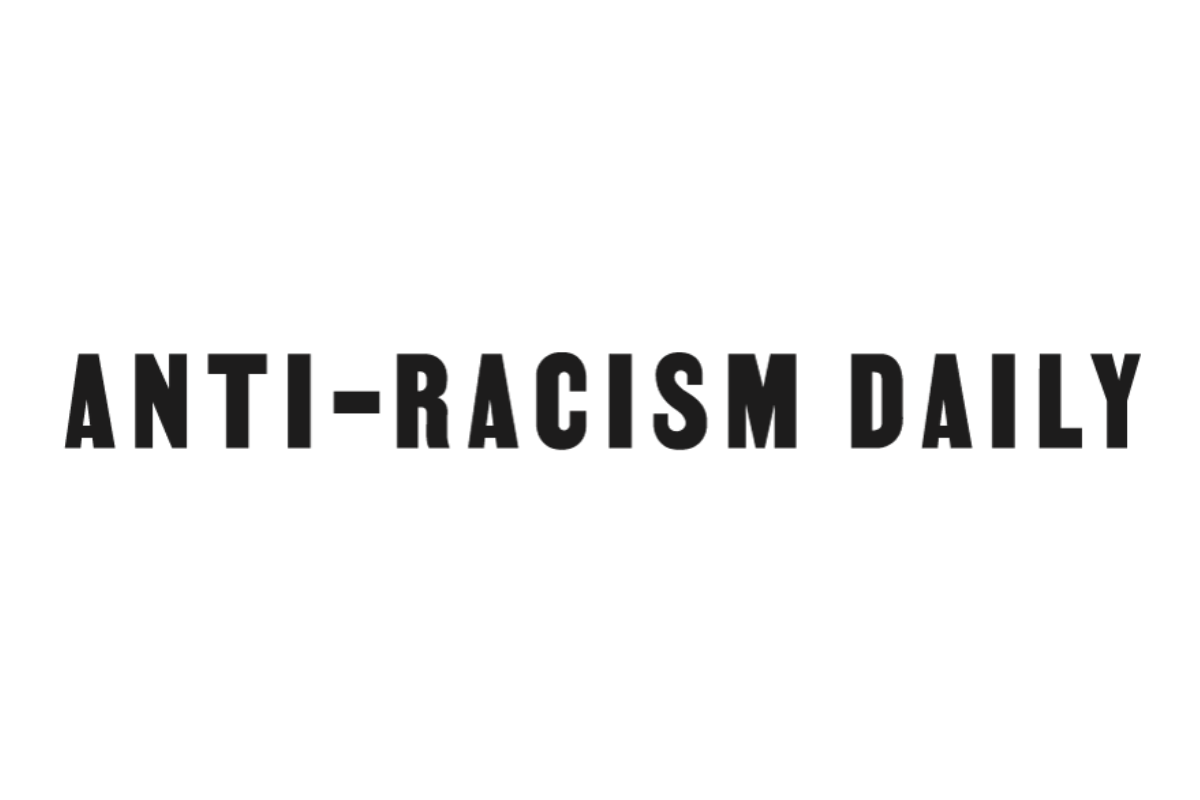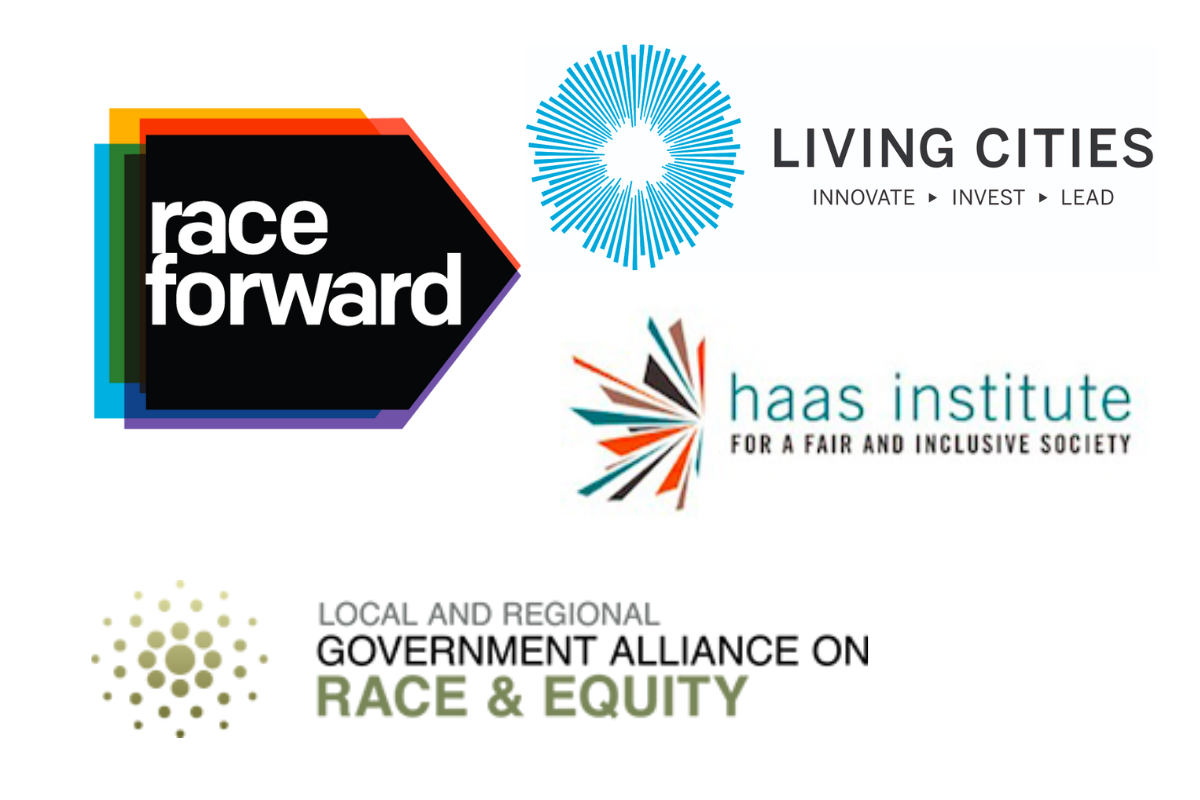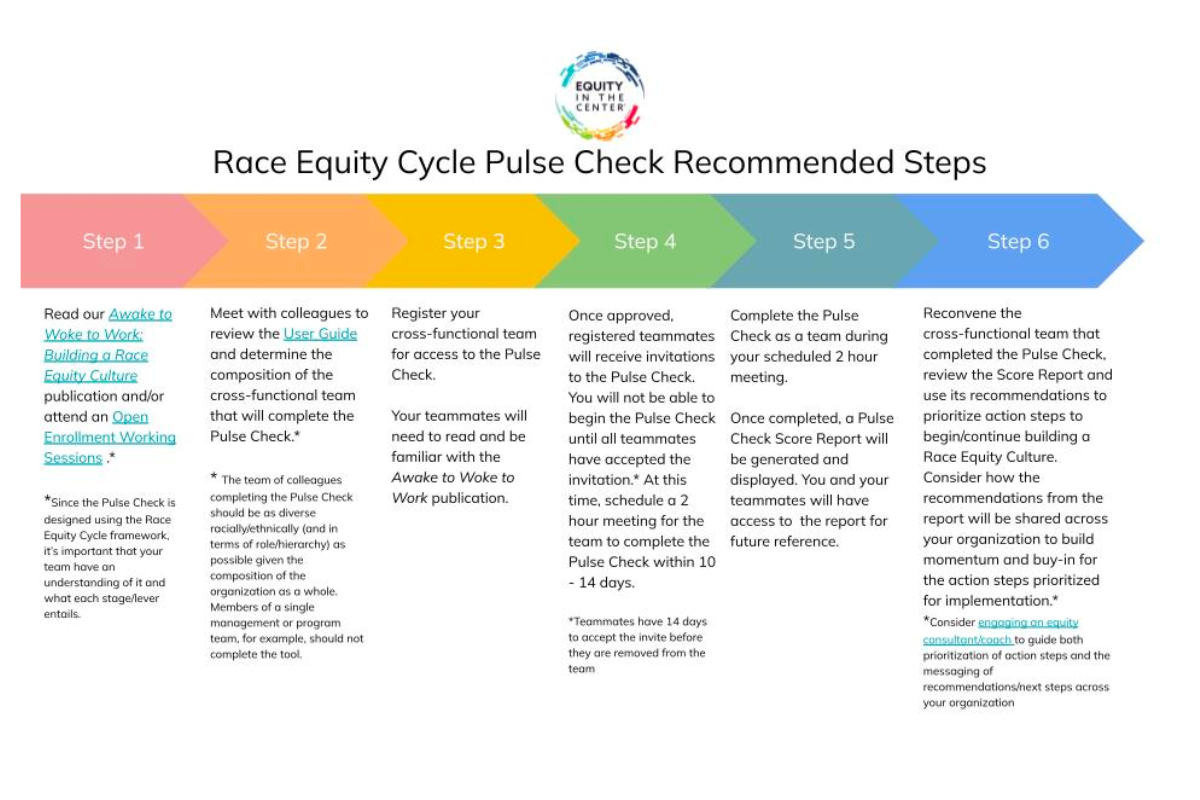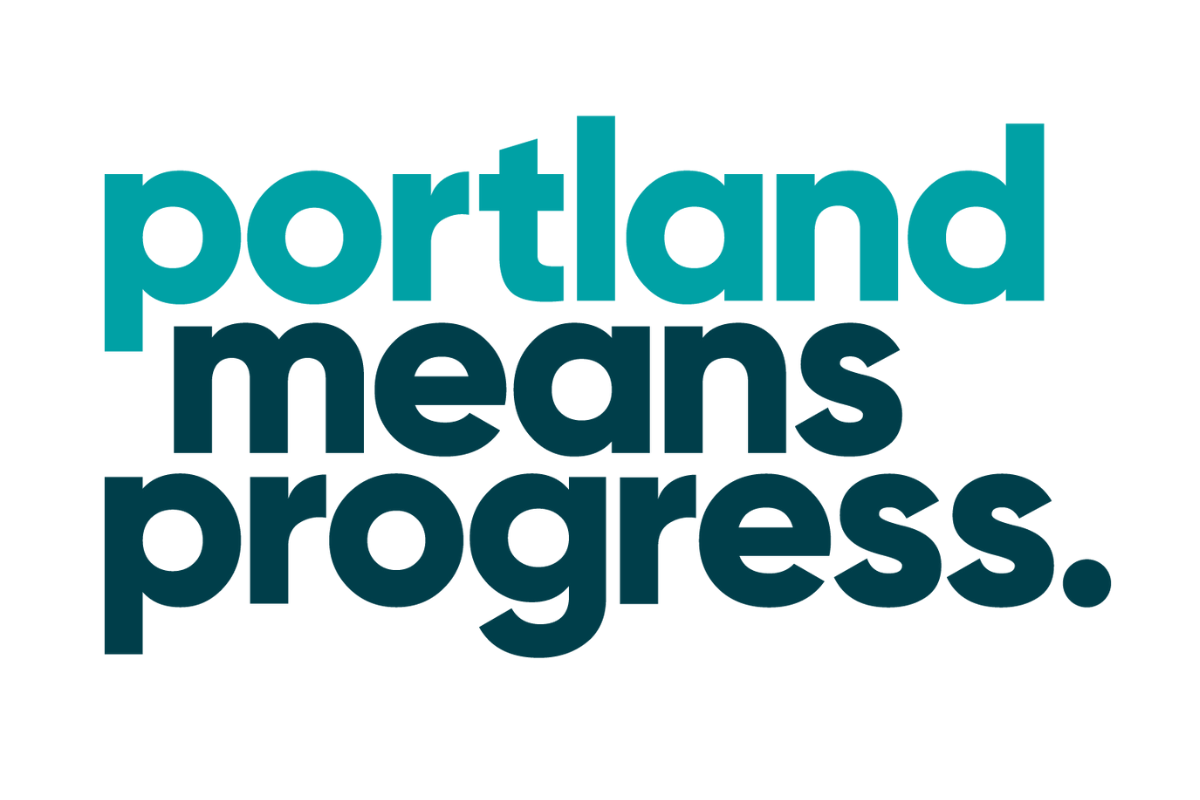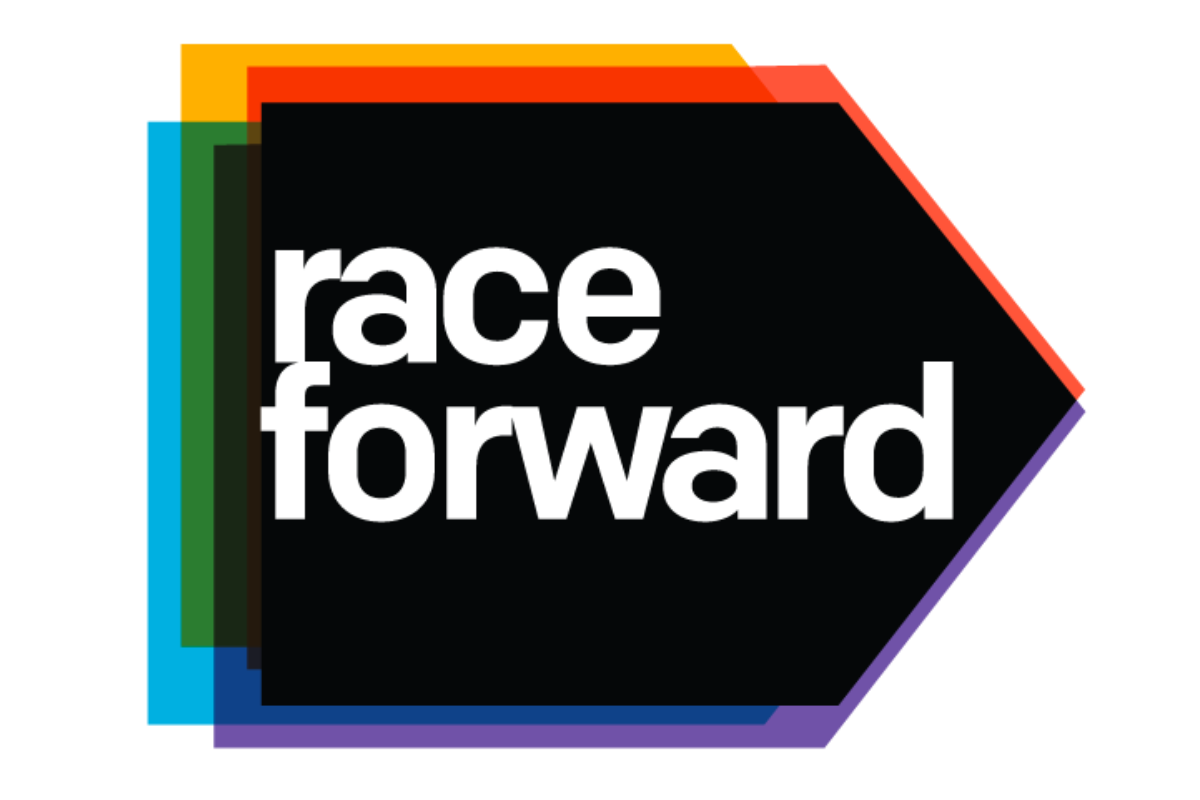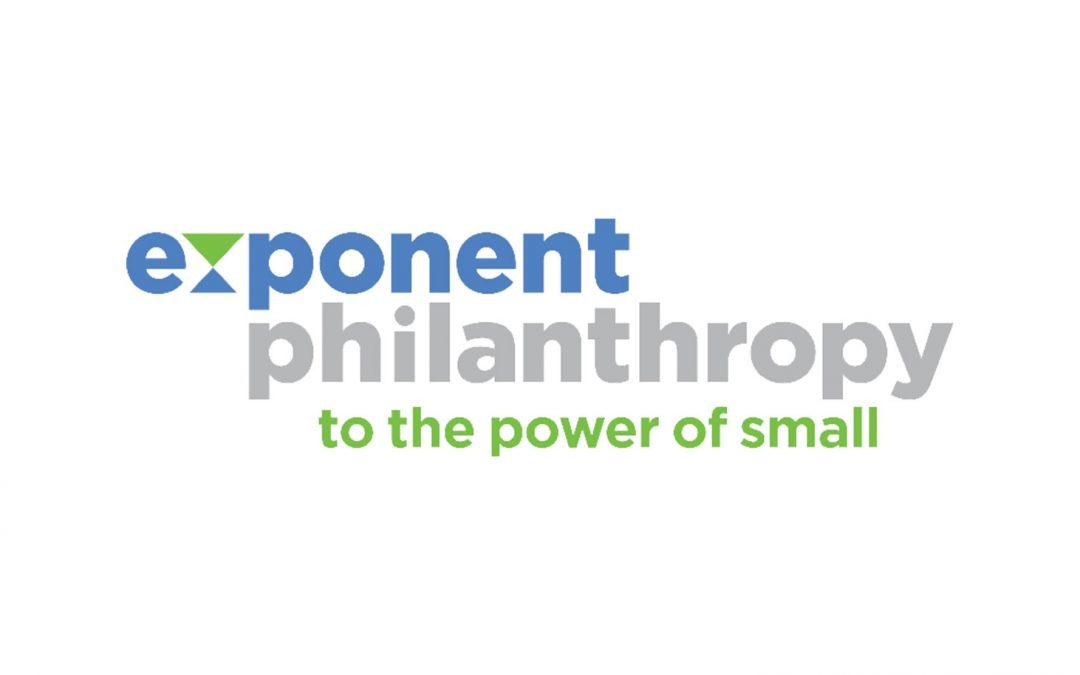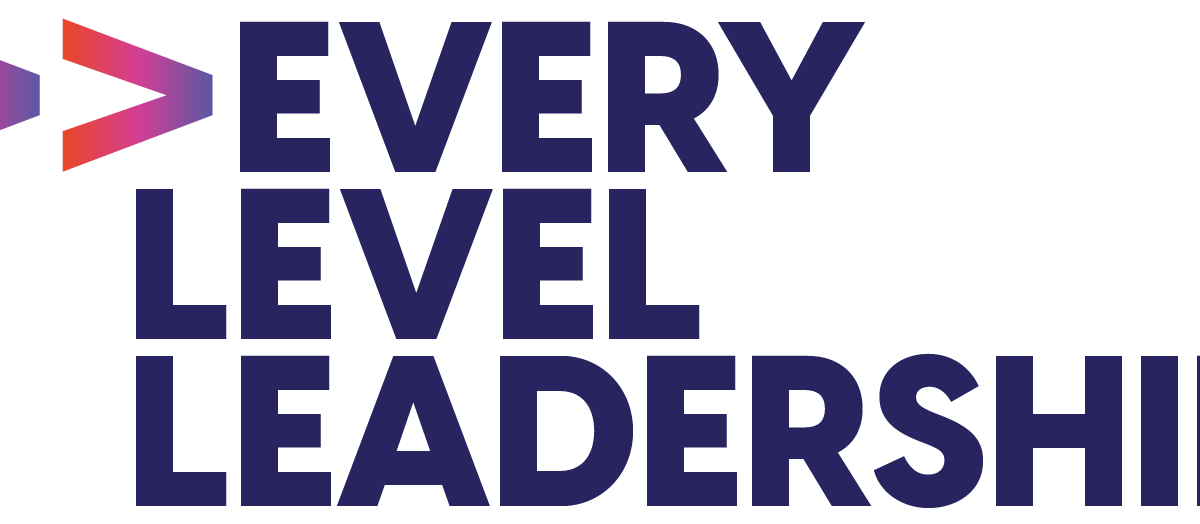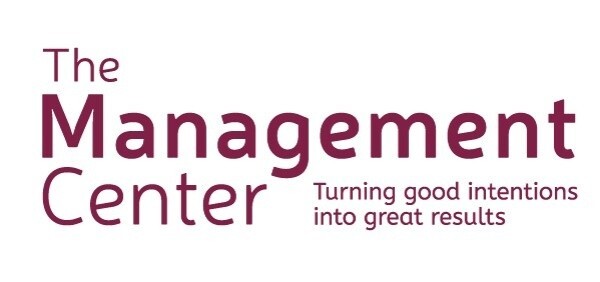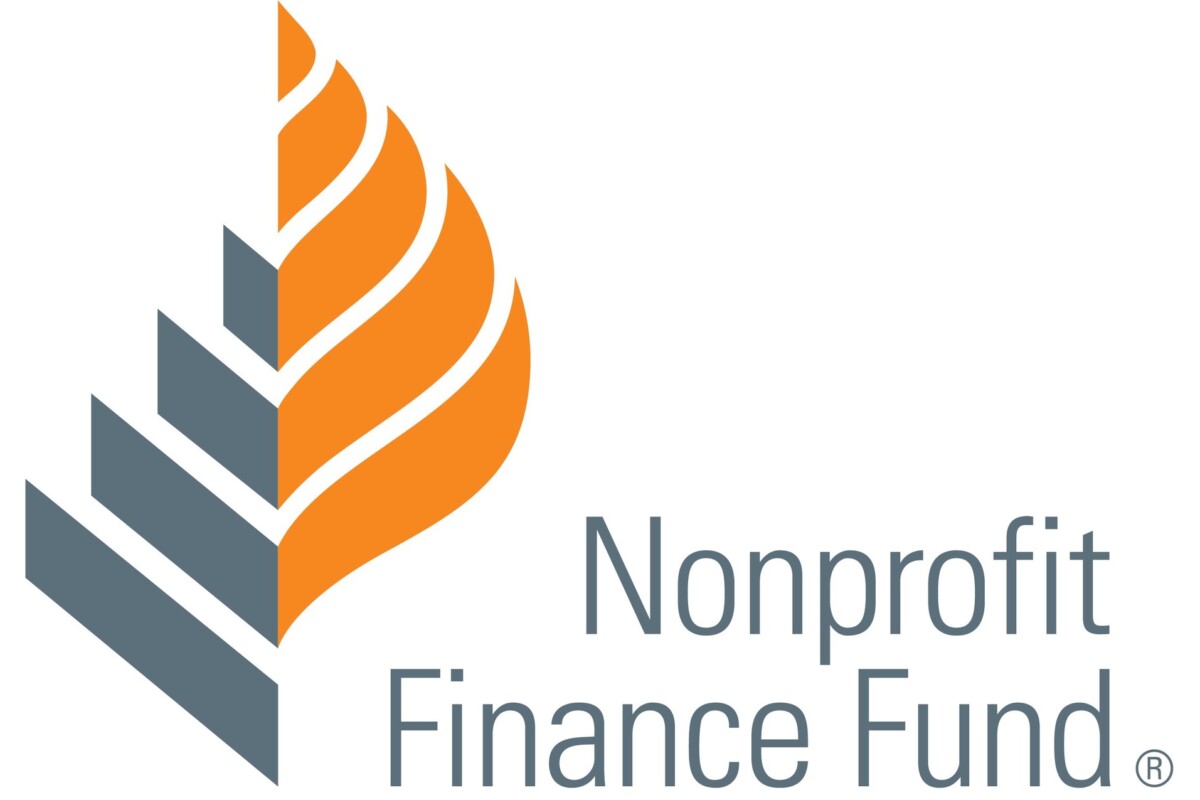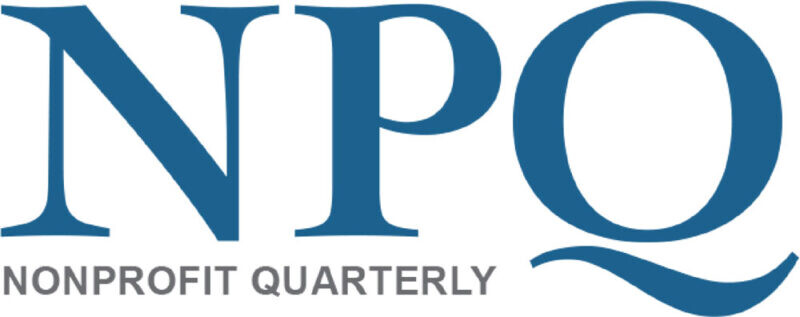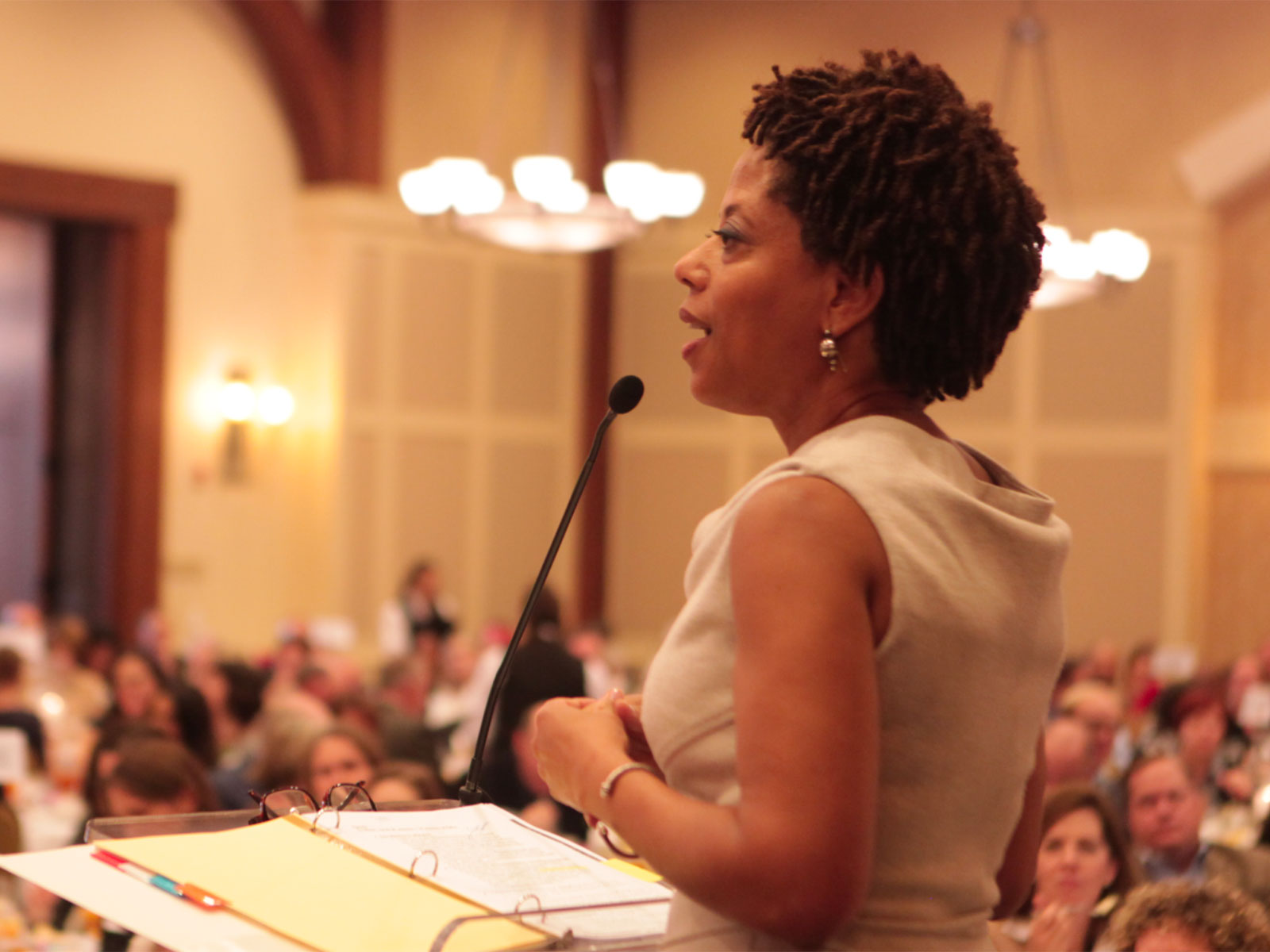
4
We Prioritize Equity with Learning, Skill-Building, and Action.
Understanding that equity is integral to our success and required to achieve a more just society, we commit to the ongoing intention, skill-building, and action that supports becoming more equitable in our policies, practices, programs, and budgets. We commit to: learning about inequities in all forms in our community and our sector; listening to, believing, and elevating voices of Black, Indigenous, and People of Color (BIPOC) and people most impacted by systemic injustices; examining equity measures in internal operational and service metrics; developing skills and taking action to center equity in our organizations and our work; and collaboratively and transparently creating and soliciting feedback on our plan and progress.
Nonprofits
- Foster awareness and understanding of the construct of race, existing inequities, and equity and inclusion principles with organization-wide dialogue, educating, and training. Center and uplift voices of BIPOC and of people most impacted by systemic injustices.
- Build skills and reinforce behaviors that disrupt racism and other forms of systemic oppression and that advance equity goals, in the four realms of self, interpersonal, organizational, and systemic (examples include conscious and empathetic communication, honoring experiential expertise, centering relationships, sharing responsibility, making decisions collaboratively, applying analysis of inequities to rethink systems).
- Examine data disaggregated by race both for external programs and services and for staff engagement, performance, compensation, promotion/retention; identify inequities and make a plan for action, including how success will be measured.
- Take specific actions to center equity in internal operations and external programs; operationalize with training and development, equity audits, and actions like pay equity adjustments and centering voices of those served in program development; hold leadership accountable for the work.
“Equity is not a program.” “We’re all learners. We’re all teachers.”
— Nonprofit New York’s Leading Courageous Conversations on Race Equity
Myth
Smash the myth that equity is only important for social justice organizations.
Reality
It’s everybody’s job.
Funders
- Learn about philanthropy’s history of inequity and leading practices for funders to support equity and justice; understand the role power and privilege play in funding dynamics and make changes that are more equitable, including diversifying staff and/or centering community voice in the grantmaking process.
- Meaningfully expand funding portfolios to include organizations led by and serving Black, Indigenous, and People of Color (BIPOC), and people and communities most impacted by systemic injustices.
- Fund equity work for grantees and within our own organizations, including dialogue, learning, training, assessment, skill-building, planning, consultation, and action, understanding that equity work requires ongoing investment.
- Leverage resources for change that promote equity and justice—for foundations, consider giving beyond the 5% annual payout; for corporate and government funders, consider additional new funding.
From Equity in the Center’s Awake to Woke to Work
- EQUITY = the guarantee of fair treatment, access, opportunity, and advancement while at the same time striving to identify and eliminate barriers that have prevented the full participation of some groups. The principle of equity acknowledges that there are historically underserved and underrepresented populations, and that fairness regarding these unbalanced conditions is needed to assist equality in the provision of effective opportunities to all groups.
- RACE EQUITY = the condition where one’s race identity has no influence on how one fares in society. Race equity is one part of race justice and must be addressed at the root causes and not just the manifestations. This includes the elimination of policies, practices, attitudes, and cultural messages that reinforce differential outcomes by race.
- SOCIAL JUSTICE = a concept of fair and just relations between the individual and society. This is measured by the explicit and tacit terms for the distribution of power, wealth, education, and healthcare, and other opportunities for personal activity and social privileges.

